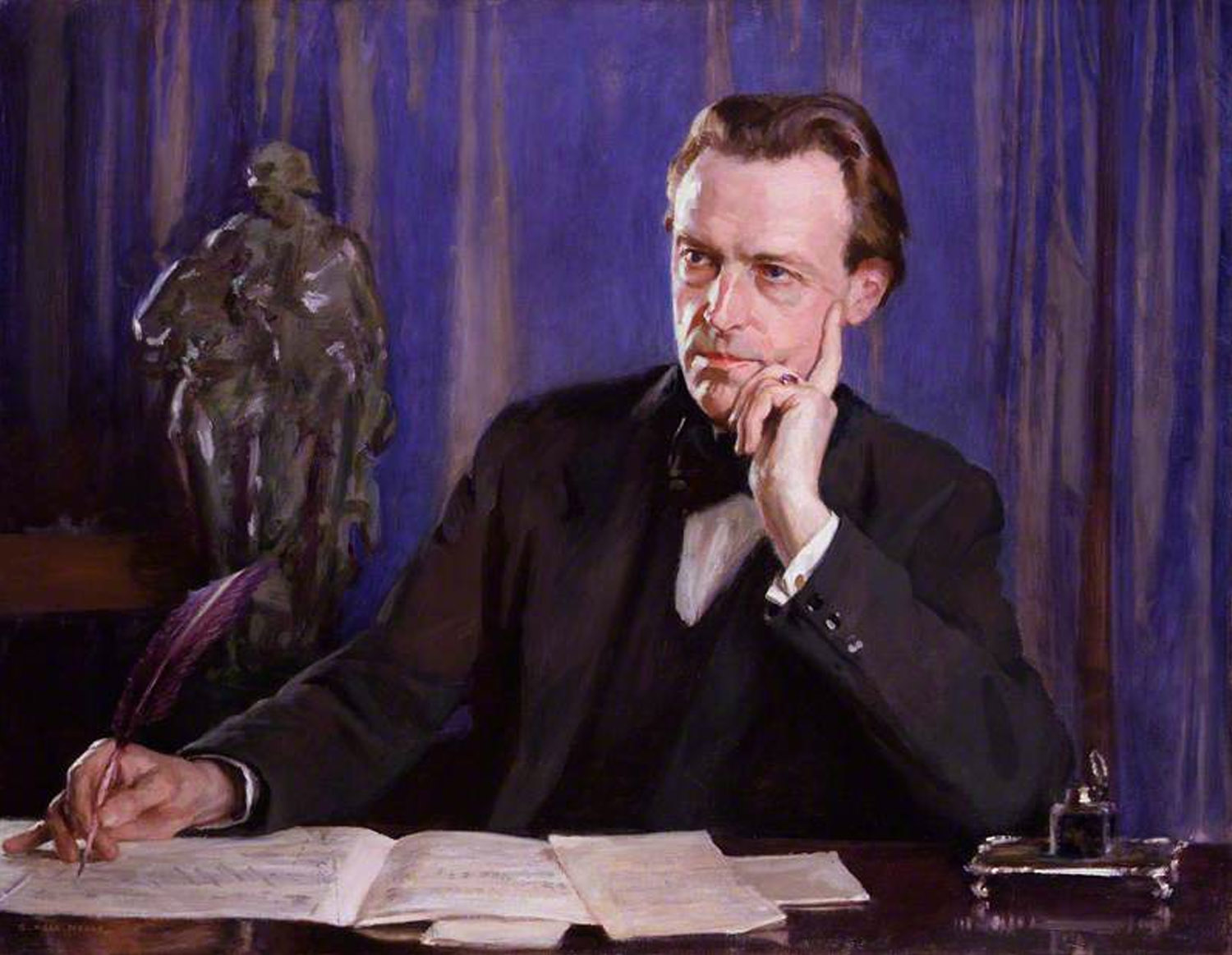Cyril Scott, a pioneering composer and visionary of the early 20th century, left an indelible mark on the world of music with his innovative compositions and unconventional approach. Here are 10 fascinating facts about this enigmatic musical genius:
- Early Start: Cyril Scott was born on September 27, 1879, in Oxton, England. Showing remarkable musical talent from a young age, he began composing at just five years old.
- Versatile Musician: Scott was not only a composer but also a highly skilled pianist and writer. His talents extended beyond music into poetry, philosophy, and spirituality, reflecting a multifaceted creative mind.
- Experimental Spirit: Known for his avant-garde and experimental style, Scott was a pioneer of impressionistic and modernist music in England. He explored new harmonic and rhythmic territories, often incorporating elements of Eastern mysticism and exoticism into his compositions.
- Influence of Theosophy: Scott was deeply influenced by Theosophy, a spiritual movement that sought to explore the mysteries of the universe. This influence can be seen in many of his works, which often evoke a sense of mysticism and transcendence.
- Literary Connections: Scott was associated with many leading literary figures of his time, including W.B. Yeats, George Bernard Shaw, and H.G. Wells. He collaborated with Yeats on several projects and set some of his poems to music.
- Controversial Works: Some of Scott’s compositions were considered controversial due to their unconventional harmonies and subject matter. His “Piano Sonata No. 1” and “Piano Concerto No. 1” caused a stir when they were first performed, challenging the musical norms of the time.
- Worldwide Recognition: Despite facing resistance in England, Scott found greater appreciation for his work abroad, particularly in Germany and the United States. He toured extensively, performing his compositions to audiences around the world.
- Prolific Output: Over the course of his career, Scott composed a vast body of work, including symphonies, operas, chamber music, choral works, and solo piano pieces. His output demonstrates both his creativity and his ability to adapt to a wide range of musical genres.
- Later Years: In his later years, Scott continued to compose and perform, although he struggled with financial difficulties and health problems. Despite these challenges, he remained dedicated to his art, continually exploring new musical ideas and techniques.
- Legacy: Cyril Scott’s influence on 20th-century music cannot be overstated. His daring experimentation and spiritual depth paved the way for future generations of composers, inspiring them to push the boundaries of traditional musical forms and forge their own paths of creative expression. Today, his works continue to captivate audiences with their beauty, originality, and timeless relevance.


Comments are closed